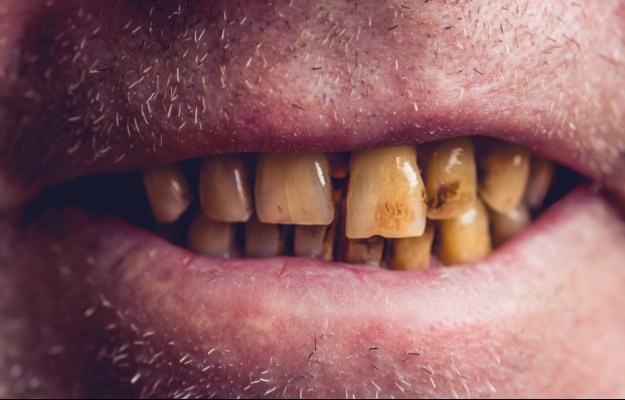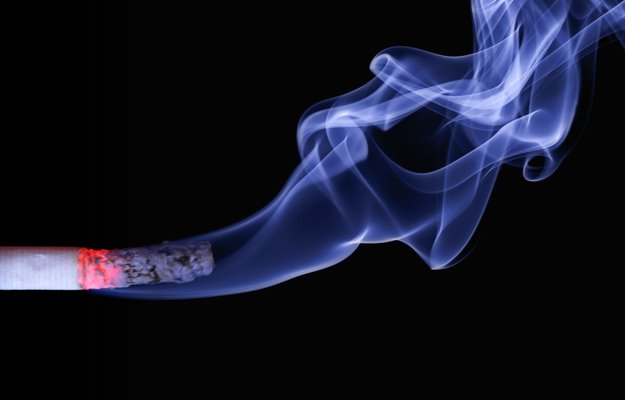Cigarette smoking is a common problem in India with the nation housing over 12% of the world’s smokers. The use of tobacco in the form of cigarettes or in its smokeless form is prevalent among all socioeconomic groups and ages. Even teenage and young population is being swayed towards this habit with little knowledge of its ill-effects, which are, of course, countless.
According to WHO, most smokers resort to their first cigarette within half an hour of waking up, which reflects the graveness of this habit. They are not just harming themselves but also those living along, as the effects of passive smoke on health are quite the same. 5 in 10 adults are exposed to second-hand smoke at home, which has detrimental effects on their health.
From respiratory disorders to oral and lung cancer, fertility issues, cardiovascular disorders and even neuronal damage, all are associated with the habit of cigarette smoking.
WHO suggests that 5 in 10 adults have at some point tried to quit this habit but have not been able to. Let’s give you a few reasons to ditch that smoke and never go back again.



















